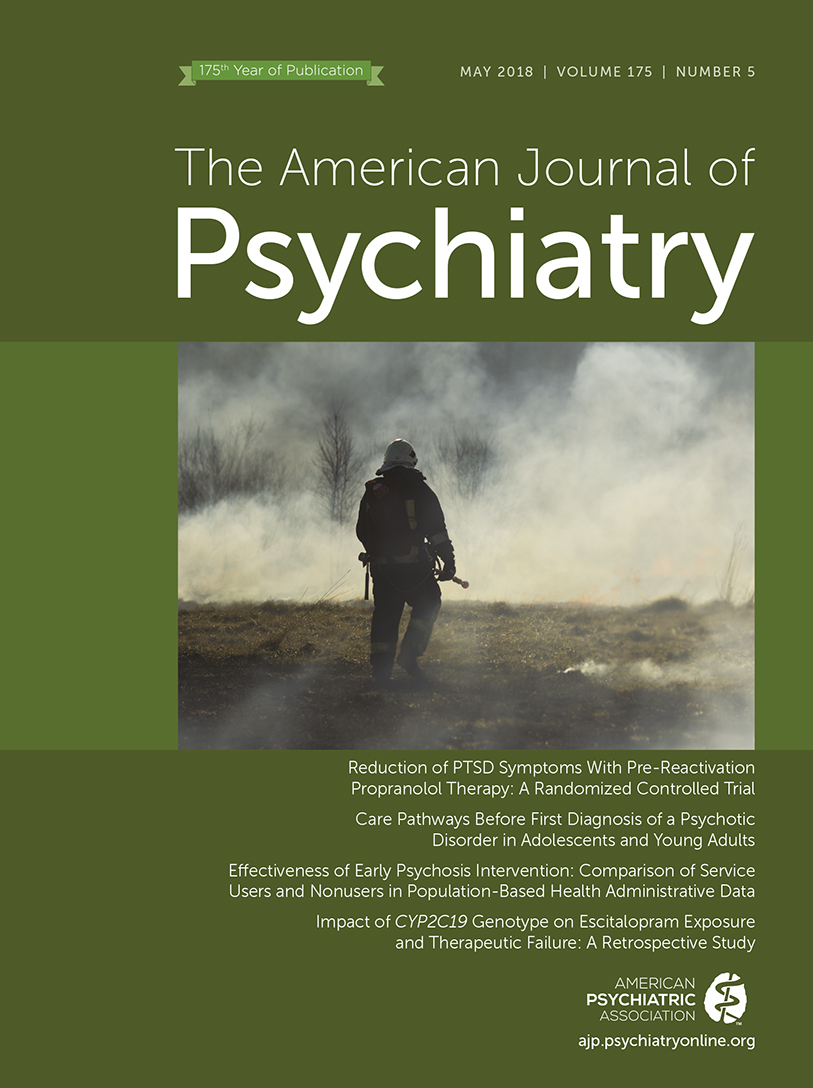The Importance of Scrutinizing Emergent ADHD Symptoms in Adults: Response to Chamberlain and Müller
To the Editor: The authors of our recent article on late-onset attention deficit hyperactivity disorder (ADHD), part of the Multimodal Treatment Study of Children with ADHD, enjoyed reading the letter to the editor from Chamberlain and Müller and thank them for sharing their clinical observations from the United Kingdom. We agree that screening tools are blunt assessments and that adult ADHD diagnoses require very careful and detailed clinical assessments by specialists.
As the authors point out, investigating childhood ADHD symptoms and disentangling the causal roles of substance abuse and other mental disorders are just the tip of the iceberg. There are many other sources of cognitive dysfunction that might lead to false positive symptom endorsement on an ADHD checklist. These include diseases that influence cognition, neurological disorders, brain injuries, stress responses, unhealthy lifestyles (i.e., sleep, diet, physical activity), extremely taxing environmental demands (e.g., working multiple jobs while raising children alone), deprivation, and nonsubstance addictions (e.g., pornography, gambling). Ruling out these non-ADHD symptom causes is more relevant in adulthood than childhood. Most of these alternative sources of cognitive impairment are unlikely to occur in children.
DSM-5 does not provide explicit instructions about what sources of cognitive dysfunction represent valid cases of ADHD. However, we agree that diagnosticians should anchor themselves to the conceptualization of ADHD as a chronic neurodevelopmental disorder; when symptom chronicity cannot be traced to childhood, the emergent ADHD symptoms must be scrutinized carefully. Clinicians should conduct a functional analysis in search of discrete environmental or biological antecedents to symptom onset.



